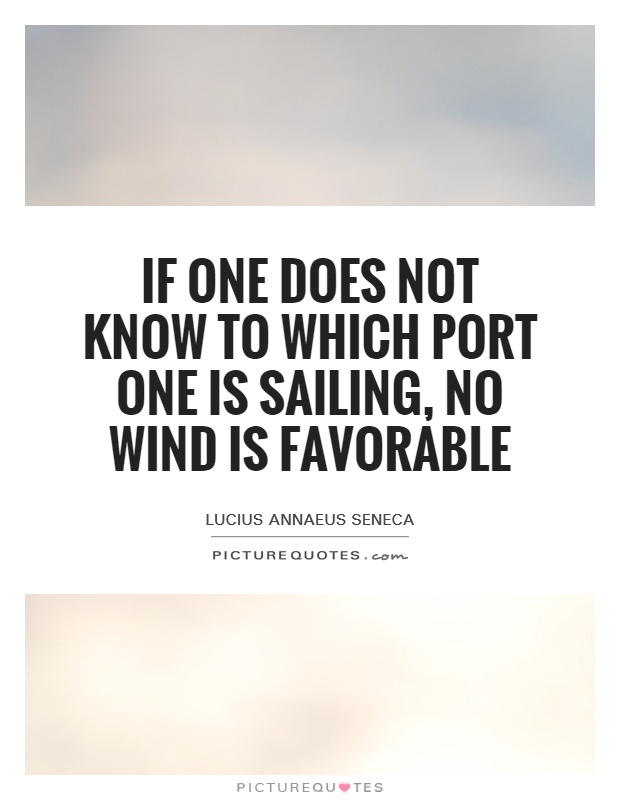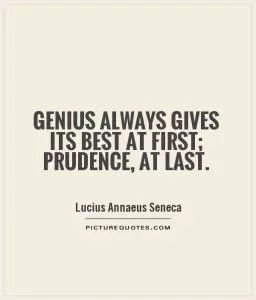If one does not know to which port one is sailing, no wind is favorable

If one does not know to which port one is sailing, no wind is favorable
The quote “If one does not know to which port one is sailing, no wind is favorable” is often attributed to Lucius Annaeus Seneca, a Roman philosopher, statesman, and playwright who lived in the first century AD. This quote encapsulates the idea that without a clear goal or direction in life, one will not be able to take advantage of opportunities or make progress towards their desired destination.Seneca was a proponent of Stoicism, a philosophy that emphasizes the importance of living in accordance with nature and reason, and accepting the things that are beyond our control. In this context, the quote can be interpreted as a reminder to set clear goals and priorities in life, so that one can make informed decisions and navigate the challenges that come their way.
For Seneca, knowing one’s destination is not just about having a specific goal in mind, but also about understanding one’s values, beliefs, and priorities. Without a clear sense of purpose, one may find themselves adrift in life, constantly reacting to external circumstances without a sense of direction or control.
In Seneca’s writings, he often emphasizes the importance of self-awareness, self-discipline, and self-mastery as essential components of a virtuous life. By knowing oneself and one’s values, one can make choices that are in alignment with their true nature and purpose, and navigate the challenges and obstacles that come their way with grace and resilience.












 Friendship Quotes
Friendship Quotes Love Quotes
Love Quotes Life Quotes
Life Quotes Funny Quotes
Funny Quotes Motivational Quotes
Motivational Quotes Inspirational Quotes
Inspirational Quotes